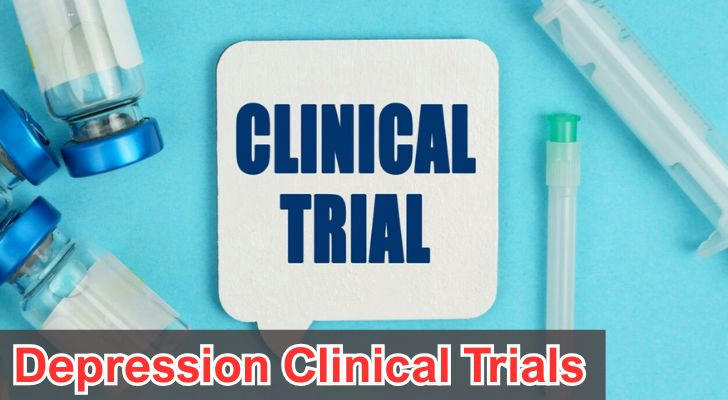What You Need to Know About The Benefits of Depression Clinical Trials
Depression affects millions of Americans every year, often making everyday life challenging. Clinical trials offer hope by testing new treatments aimed at improving symptoms and quality of life. Understanding how clinical trials work and their benefits can empower those seeking better options for managing depression.

What Are Clinical Trials?
Clinical trials are research studies designed to evaluate new medical approaches, including medications, therapies, or behavioral interventions. They follow strict protocols to ensure safety and effectiveness. For depression, clinical trials investigate how well new treatments work compared to existing options or placebos.
Participants may receive treatments not yet widely available. Researchers monitor outcomes carefully to determine whether a new therapy reduces depressive symptoms, improves mood, or has fewer side effects.
Benefits of Participating in Depression Clinical Trials
Access to Cutting-Edge Treatments
Participants in clinical trials may gain access to innovative therapies before they reach the general public. Many effective depression treatments today originated from clinical trials. This access can provide new options when standard treatments have been ineffective or caused intolerable side effects.
Comprehensive Medical Oversight
Clinical trial participants often receive thorough health evaluations and close monitoring by medical professionals throughout the study. This increased attention may help identify and address health concerns promptly. Regular assessments can also provide more personalized care than typical clinical settings.
Contributing to Medical Knowledge
Enrolling in a clinical trial helps advance understanding of depression and the development of improved treatments. By participating, individuals contribute to research that may benefit others facing similar challenges now and in the future.
Potential Cost Savings
Some trials cover costs related to treatments, tests, or doctor visits that might otherwise be expensive. While this is not guaranteed, it can reduce financial burdens associated with ongoing depression care for some participants.
Risks and Considerations
Like any medical treatment, clinical trials have risks. Possible side effects or unknown reactions to experimental treatments require careful evaluation. Participants should be fully informed about potential risks, and their right to withdraw from a trial at any point is protected.
Eligibility criteria for depression clinical trials can be strict, involving specific symptom levels, medical history, or other factors. Not everyone qualifies, so it’s important to consult healthcare professionals or trial coordinators to understand whether a study is appropriate.
How to Find Depression Clinical Trials
Reliable resources include the National Institutes of Health’s ClinicalTrials.gov, which lists ongoing studies across the country. Search filters help narrow options by location, treatment type, and study phase. Local hospitals, academic centers, or mental health clinics may also host clinical trials and can provide information on enrollment.
Before joining, individuals should carefully review the study details, including duration, commitments, possible side effects, and privacy protections. Discussing with a trusted healthcare provider is recommended to weigh potential benefits and risks.
Real-Life Impact
Many participants report gaining not only access to promising treatments but also feeling empowered by taking an active role in their care. While outcomes vary, participation can foster hope and provide valuable support during difficult periods.
Conclusion
Depression clinical trials play a critical role in expanding treatment options and improving mental health care. Understanding the benefits, risks, and process empowers individuals considering trials to make informed decisions. With careful evaluation and professional guidance, clinical trials can be valuable opportunities on the path toward better management of depression.
Sources:
